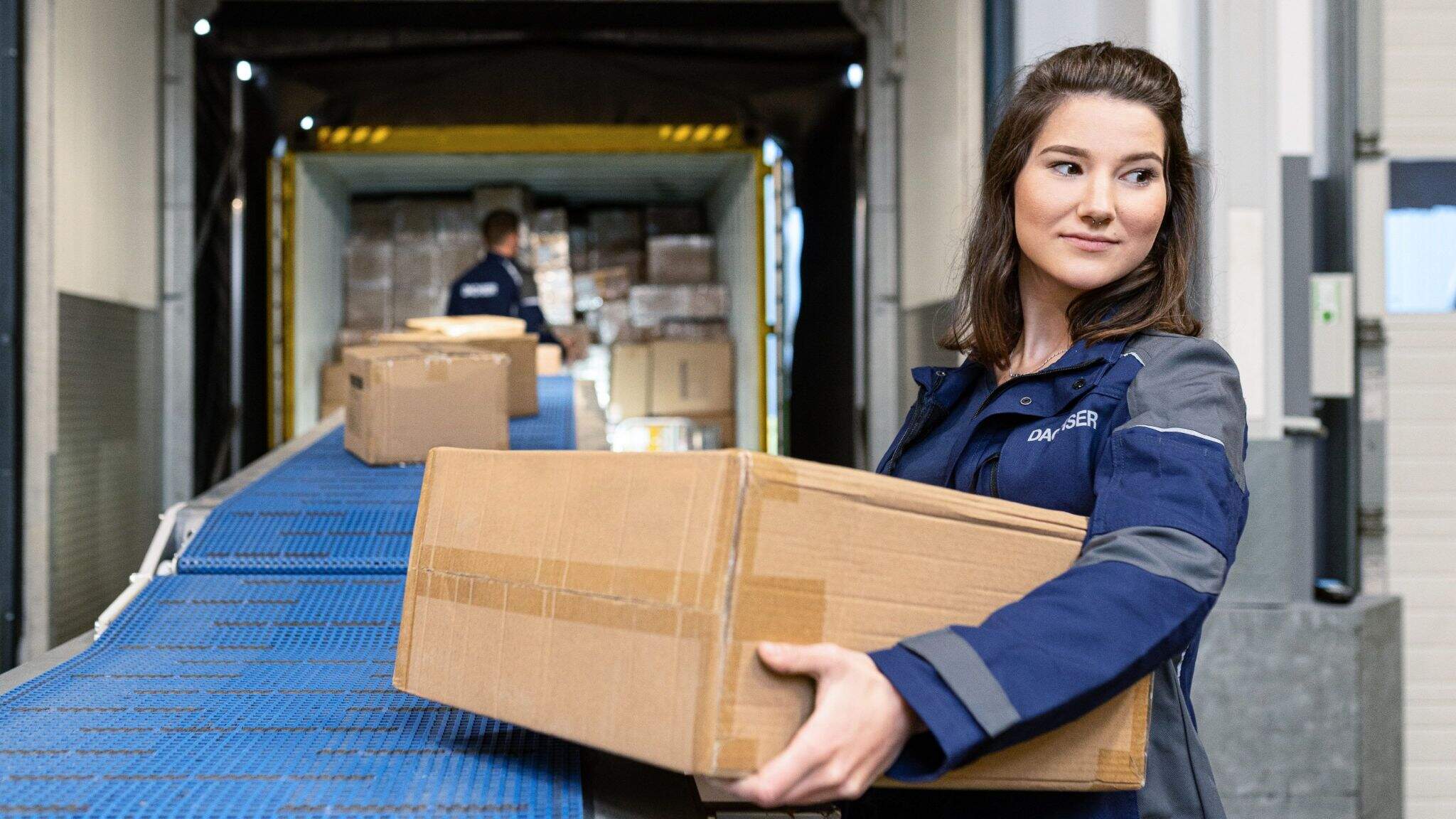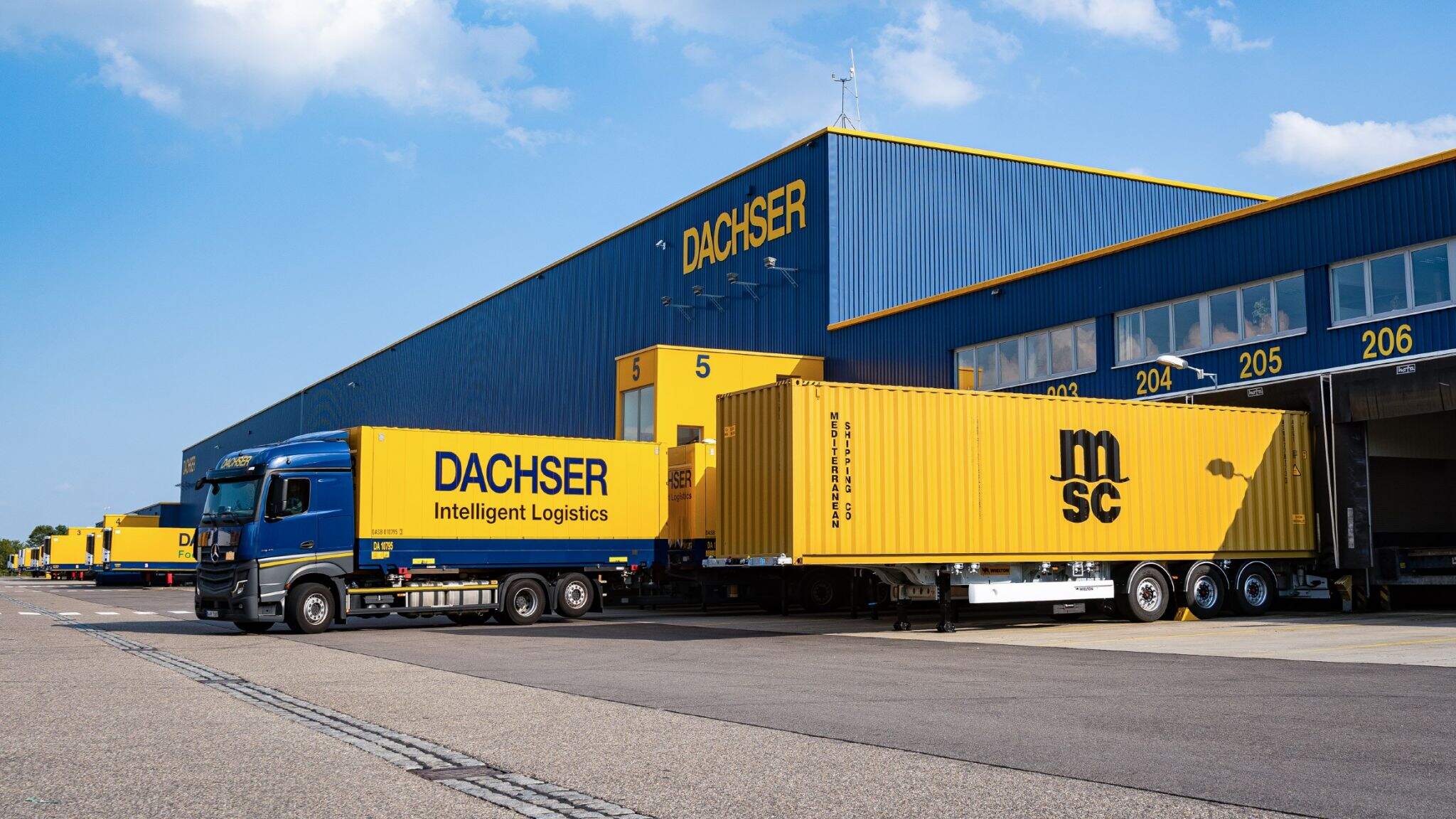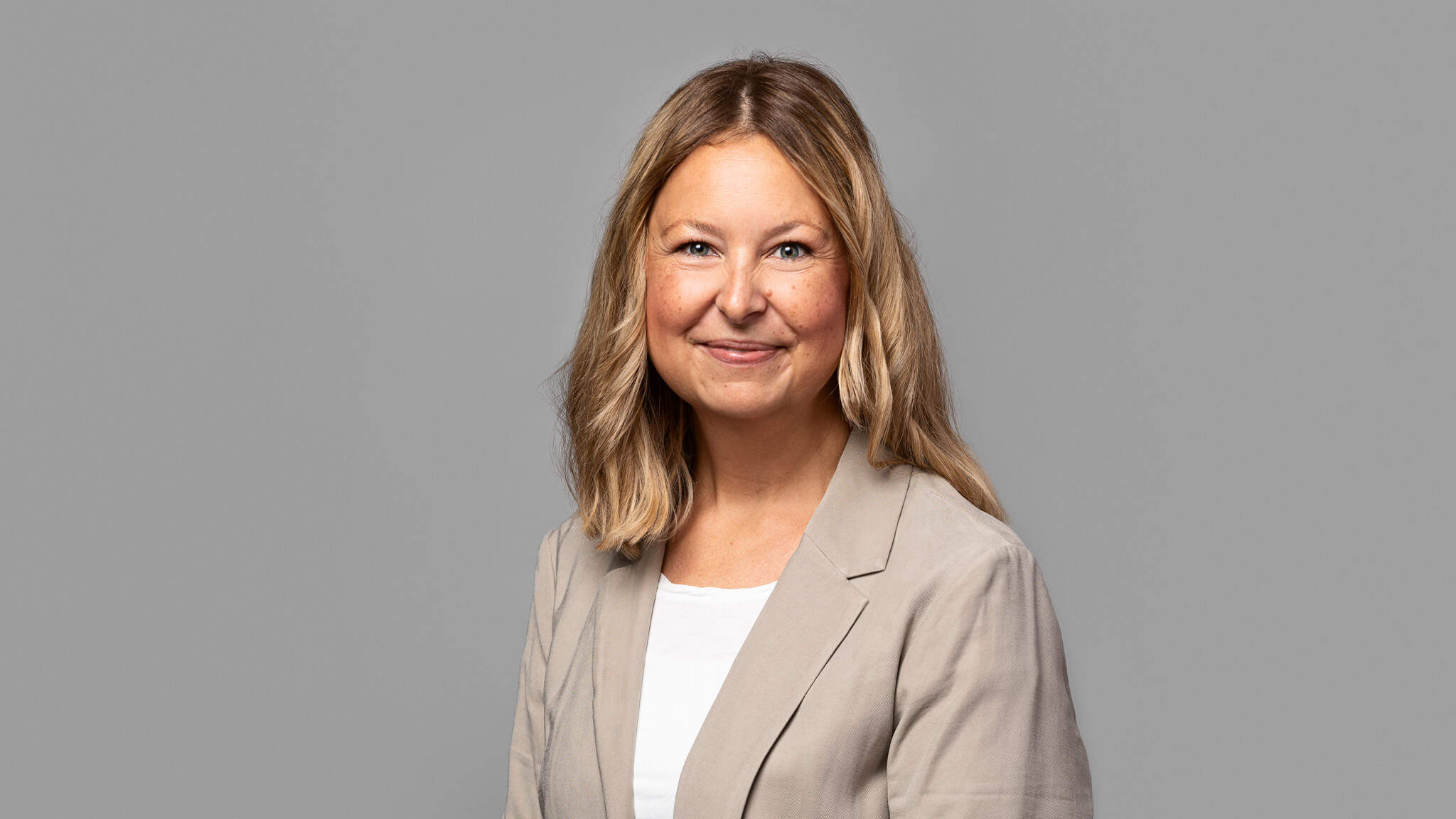When less is more
To ensure its in-demand sensor technology reaches dynamic markets reliably, the technology company ifm electronic relies on flexible, globe-spanning supply chains—including the “groupage network of the seas,” with partial loads from several senders in one container.

“Less is more”—this saying is an increasingly apt description of worldwide supply chains, especially ever since pandemic-induced supply disruptions upended many well-established production processes. As a result, logistical qualities such as transparency and reliability have been pushed even further into the spotlight. This is particularly true for the electronics industry, whose products are more in demand than ever in a world that is turning increasingly digital, switching to electromobility, and transforming many industrial processes.
It’s a world that ifm electronic gmbh, based in Essen, Germany, is very much at home in. One of the market leaders in automation and Industry 4.0 solutions, this technology company employs 8,750 people at ten production and development locations worldwide, six of them in Germany. In 2022, it generated over EUR 1.3 billion in revenue. In addition to position and process sensors, the company offers products for industrial imaging and communication as well as identification systems. Its portfolio extends to innovative Industry 4.0 solutions and corresponding software and cloud products to make existing business processes digitally usable. It supplies its sensors to machinery manufacturers all over the world.
“ifm’s corporate claim of ‘Close to you’ makes it clear how customer centric we are. And that’s the line we follow in logistics, too,” says Enijal Rabic, Team Leader Dispatch at ifm. “The fact that our customers receive their deliveries by the requested deadline in well over 90 percent of cases is thanks to predictive control of logistics processes—not least in difficult times.”
Solutions from a single source
DACHSER has provided the technology company with support in this area since 2015. “The trust we have in each other has grown over the years, to the point where the relationship has become much more than just a transportation service,” says Christian Kruse, Head of Global Ocean Freight LCL at DACHSER. “We manage the entire supply chain on behalf of and together with our customer, from sourcing in Asia all the way to delivery to ifm’s customers. And because we’re using our own network, we have full transparency and optimum quality control.”
ifm’s supply chains benefit from the seamless interlocking between DACHSER’s global Air & Sea and European Logistics networks. For instance, colleagues at DACHSER Air & Sea Logistics arrange to have components from Asia sent in shipping containers from Hong Kong to Europe. From Hamburg, the containers then make their way by train directly to southern Germany. DACHSER unloads them at its Langenau branch near Ulm, from where the products are delivered by truck to ifm’s biggest development and production site in Tettnang and on to its European markets of France, the Czech Republic, and Poland.
“We manage the entire supply chain on behalf of and together with our customer, from sourcing in Asia all the way to delivery to ifm’s customers. And because we’re using our own network, we have full transparency and optimum quality control.”
“To be as ‘close to you’—our customers—as possible, and for the greatest possible flexibility, we opted for integrated logistics services in the form of DACHSER´s global door-to-door services,” Rabic says.

Pooling orders for maximum efficiency
There is a key role in all this for less than container load (LCL) sea freight solutions. “Electronic components are often small, and all sorts of batch sizes need to be delivered on time to machinery manufacturers or the automotive industry. In view of the tight delivery times for these individual products, often it’s not an option to wait for a full container load (FCL) before shipping,” says Christian Jung, Sea Import Manager at DACHSER Air & Sea Logistics in Kaufbeuren. That makes LCL the solution. In the “groupage of the seas,” like in Road Logistics, orders from different customers are pooled and loaded together, then sent on their way according to a set schedule.
“Working with partial loads, rather than full containers, is an attractive way of keeping transport costs proportional to shipment size,” Jung says. “What’s more, this gives our customers greater flexibility in the event of reduced volumes, when they perhaps need to ship only two or three pallets in a groupage container.”
To this end, DACHSER amalgamates deliveries from ifm’s suppliers, who mostly manufacture in Asia. These companies transport their goods to a packing shed at a specified place of delivery, where DACHSER then pools them in groupage containers and ships them overseas to Europe on a fixed timetable. Once they arrive at the port, the import containers don’t go to a local cargo handler for unloading, but rather to one of DACHSERs European Logistics branches, for instance in Langenau. “In groupage onward transport, this eliminates the port pickup step, which is prone to delays. Instead, we set the priorities and can better manage volumes,” says Lennart Behrendt, Product Development Manager Global Ocean Freight LCL, who is a member of Kruse’s team. “To prevent delays once containers are unloaded, we also optimize customs processes for our customers. That way, we can feed the products—palleted as ordered—straight into our European overland transport network in line with demand,” says Moritz Welter, an account manager in sales at DACHSER Air & Sea Logistics in Kaufbeuren. “That’s a win-win for everyone: not only does it reduce loading bay traffic, but it also optimizes how we use all the truck, handling, and human resources at our disposal,” Behrendt adds. And that pays off: “Faster services and shorter delivery times mean faster cash flow for our customers.”
Kruse reports that customers have had a rethink based on their experience of the coronavirus crisis and the worldwide supply disruptions it caused: “Being able to plan and predict how long a shipment will spend in transit is becoming more significant all the time. That’s what makes LCL in sea freight so attractive.” He adds that customers are also putting a greater emphasis on sustainable transport solutions: “By making optimum use of shipping container capacity and efficiently forwarding them first by train and then via our comprehensive overland transport network, we also help reduce our LCL customers’ carbon footprint.”
“LCL solutions for seamless and global door-to-door services call for an experienced, international team capable of consistently managing the sheer diversity of supply chains,” Kruse says. That’s why DACHSER works with both internal and external experts and is now represented on every continent: “This gives our extensive logistics expertise a local presence and ensures we’re always close to our markets,” Kruse says. “Our network is growing all the time, so we’re well prepared to sail safely into the future for and with our customers, even through choppy waters. You can always rely on DACHSER.”
